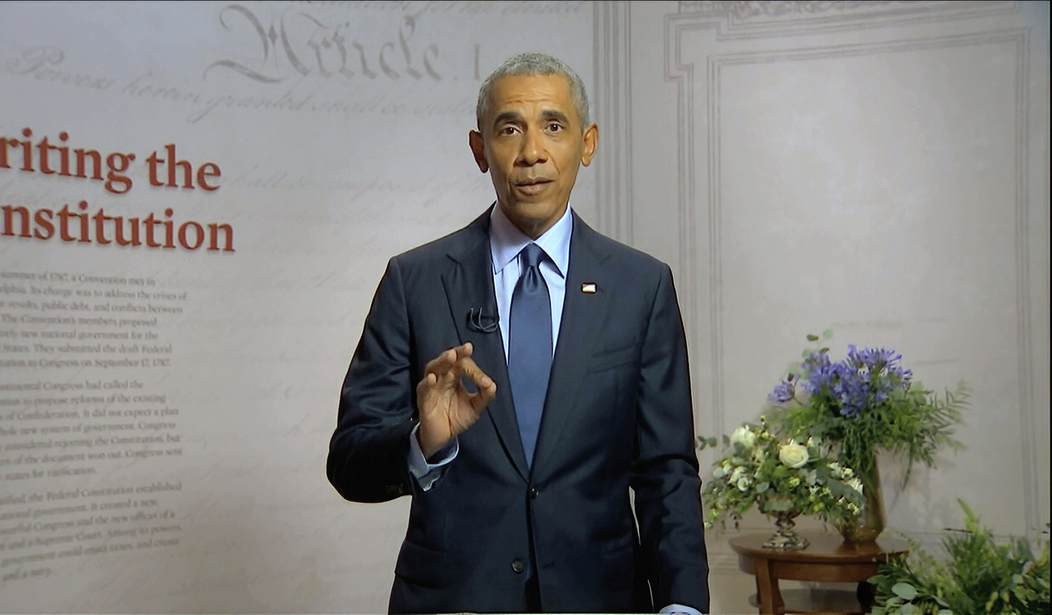Since leaving the Oval Office, Barack Obama has weighed in on a variety of political issues, bucking the trend set by most modern presidents, who have remained above the political fray, for the most part, after leaving the White House.
The most recent example of Obama’s re-entering the political arena occurred during his new podcast with Bruce Springsteen, aptly titled, “Renegades: Born in the USA.”
During the second episode of their podcast, the Boss and Barack dived into the issue of reparations, a timely topic on Capitol Hill these days.
Obama, who in the past has discounted reparations as a method to rectify the wrong of American slavery, has changed his tune on the subject, saying reparations are “justified.”
Obama went on to explain, “there’s not much question that the wealth… the power of this country was built in significant part — not exclusively, maybe not even the majority of it, but a large portion of it — was built on the backs of slaves.”
He added, “And what I saw during my presidency was the politics of White resistance and resentment. The talk of ‘welfare queens’ and the talk of the ‘undeserving’ poor. And the backlash against affirmative action.”
Which led him to defend his lack of action on reparations, saying, “All that made the prospect of actually proposing any kind of coherent, meaningful reparations program struck me as, politically, not only a nonstarter but potentially counterproductive.”
Barack Obama, always the politician.
Interestingly, Obama’s comments on reparations came precisely as Rep. Sheila Jackson Lee (D-TX) proposed House Bill 40, which would convene a Committee to Study and Develop Reparation Proposals for African-Americans.
According to the bill, “The commission shall examine slavery and discrimination in the colonies and the United States from 1619 to the present and recommend appropriate remedies. The commission shall identify (1) the role of the federal and state governments in supporting the institution of slavery, (2) forms of discrimination in the public and private sectors against freed slaves and their descendants, and (3) lingering negative effects of slavery on living African Americans and society.”
It is too early to tell whether or not Jackson Lee’s bill will become law, but Obama’s comments have certainly put the issue into the mainstream dialogue.
So, what do Americans think about reparations? According to a 2020 Reuters/Ipsos poll, only 20 percent of Americans think the United States should use “taxpayer money to pay damages to descendants of enslaved people in the United States.”
After the poll was taken, Jackson Lee told Reuters, “Doubters may not have had slaves yesterday, or a decade ago or 100 years ago, but any wealth they hold or expect to gain only exists because of the institution of slavery.”
That is a ridiculous statement not grounded in fact. I would love to hear Jackson Lee articulate how anyone who disagrees with her reparations plan has become wealthy because of slavery. It is a total non-sequitur. Furthermore, the vast majority of Americans alive today had absolutely no part whatsoever in the slavery that existed in the United States until the mid-nineteenth century.
There are so many more pressing problems that we need to grapple with, such as failing schools, an ongoing public health crisis, an economy in shambles, the rise of China, a $28 trillion national debt, etc.
Discussions about reparations in 2021 are nothing more than a giant distraction meant to stoke racial division, not unify the country.
Chris Talgo ([email protected]) is an editor at The Heartland Institute.













Join the conversation as a VIP Member